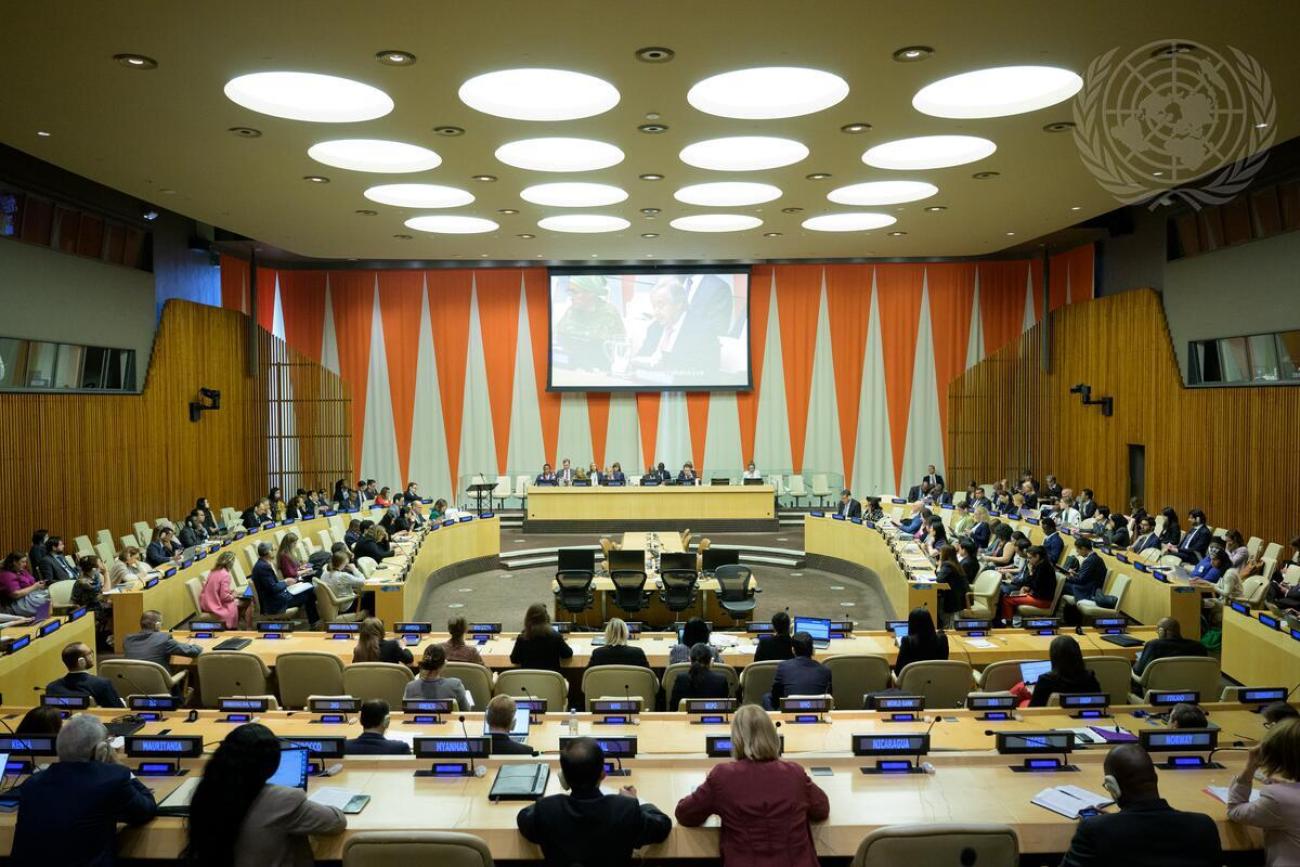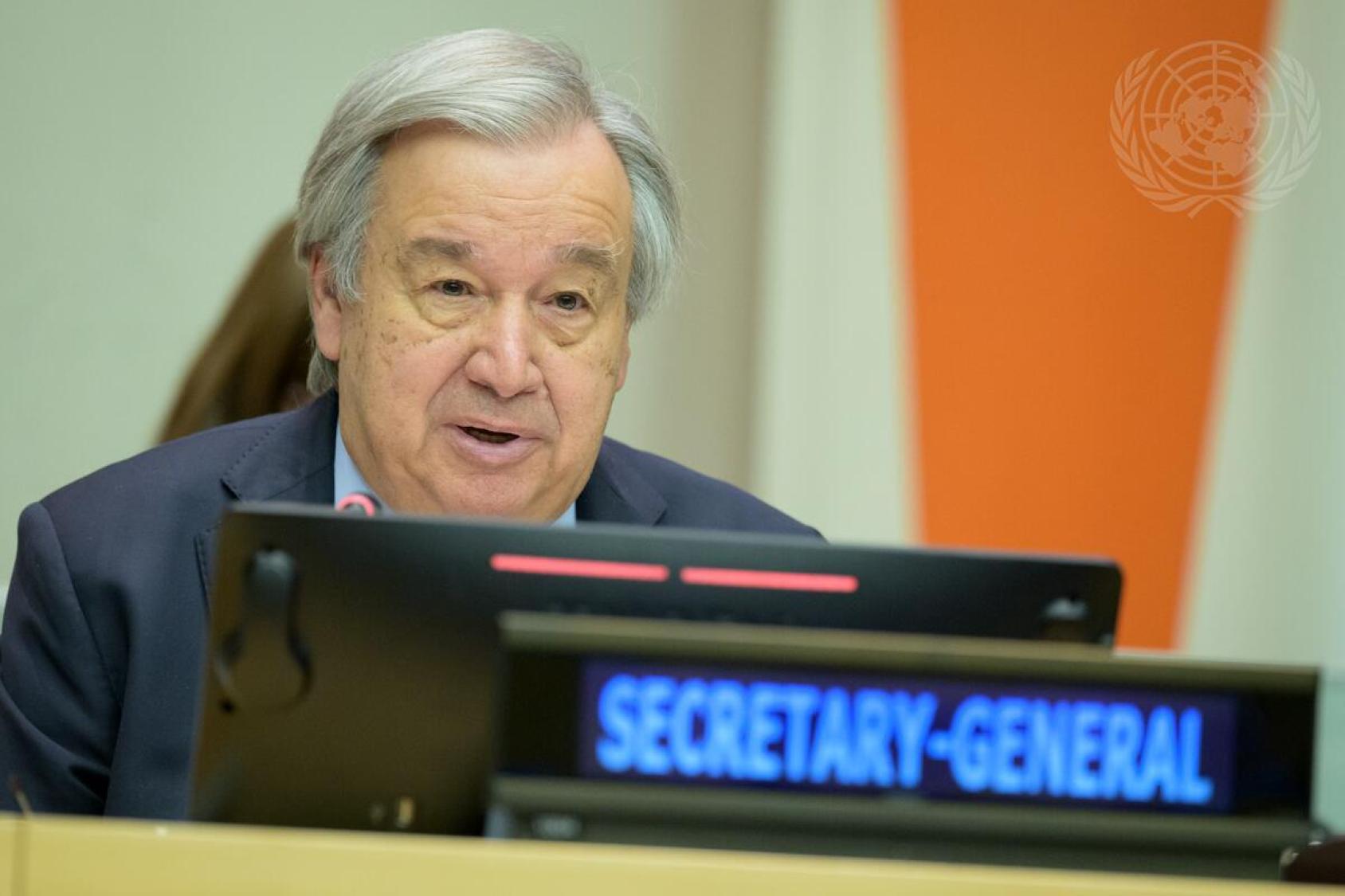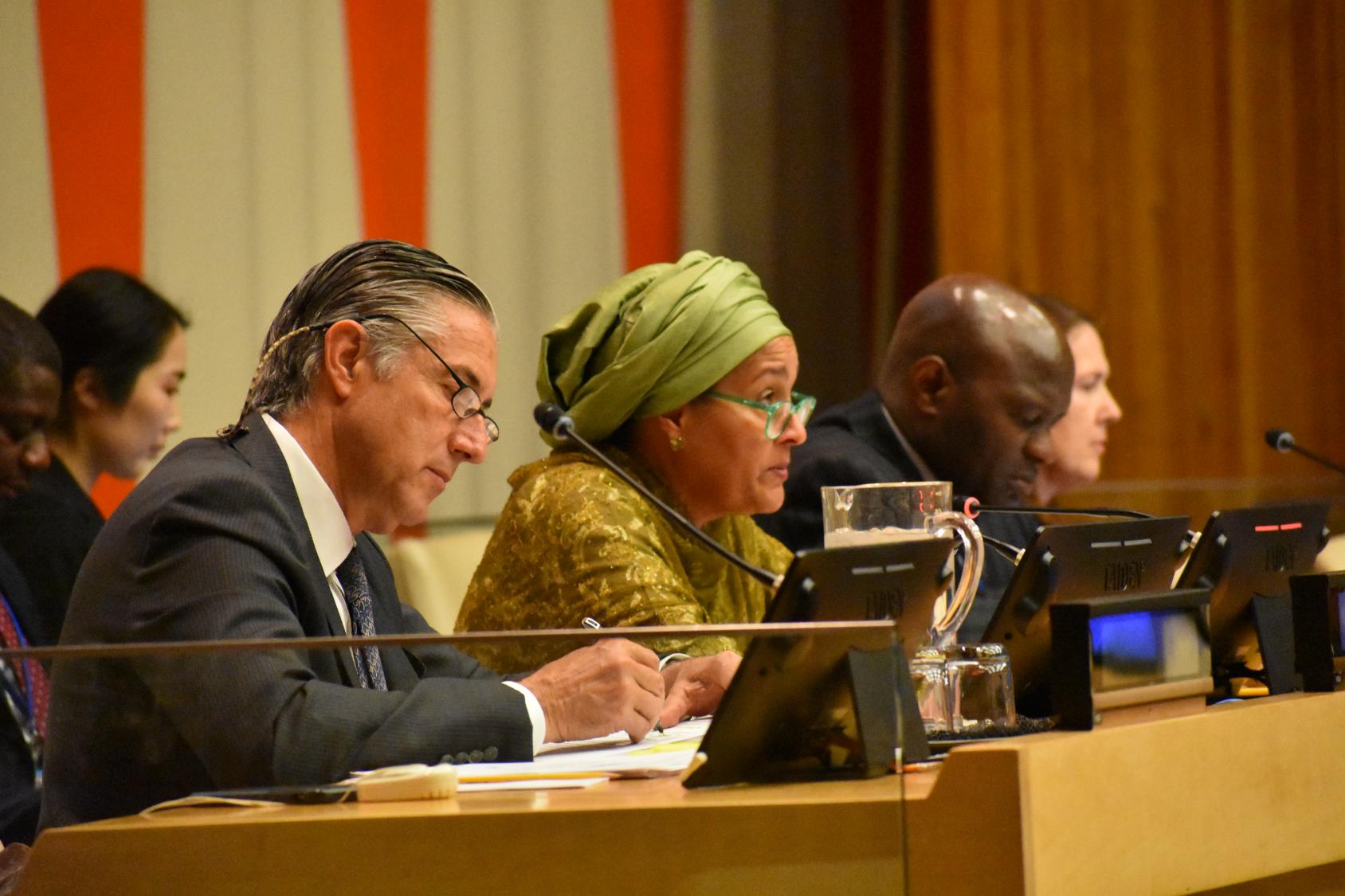Member States back UN reforms after triggering results for people and planet

UN leaders call for urgent, predictable, and smart funding for the UN’s work on sustainable development, including the Resident Coordinator System
In a session like no other, against a background of urgent global crises and at the mid-point towards the 2030 Agenda for Sustainable Development, UN leaders and Member State representatives gathered in New York at the ECOSOC Segment on Operational Activities for Development to take stock of the UN development system’s progress and challenges ahead from 23-25 May 2023.
“When we started the reform process, no one foresaw that our country teams would be operating in such challenging conditions. Despite that, four years on, the reforms have succeeded. The verdict is in: Resident Coordinators are bringing United Nations entities together in support of countries’ priorities for the implementation of the 2030 Agenda,” said UN Secretary-General António Guterres as he presented his 2023 Report on the Implementation of the Quadrennial Comprehensive Policy Review (QPCR) – his promise to Member States on the UN’s work on sustainable development.

Evidence from the report shows that despite a complex global context, the returns on investments in UN development coordination are compelling, tangible, and more aligned with the Sustainable Development Goals (SDGs) and national priorities, according to host governments.
Presenting her annual Report on the Development Coordination Office and the Resident Coordinator system as the Chair of the UN Sustainable Development Group, Amina Mohammed noted that “Resident Coordinators are fostering more coherent, accountable and effective UN support for countries. They are leveraging their impartiality and new capacities to channel skillsets and expertise housed across the UN system. The Resident Coordinators are now our backbone to translate global commitments into effective action on the ground.”
This ability to deliver on the ground depends on sustainable, predictable funding for the SDGs. Yet, as the UN Chief put it, the Resident Coordinator system is “chronically under-funded” and there is a clear need to bridge the current funding gap of US$85 million.
Assistant Secretary-General for Development Coordination, Oscar Fernández-Taranco, urged Member States to live up to their promises to fund the UN’s work on sustainable development [The Funding Compact] to enable transformative change. “Adjusting the quantity and quality of funding does have a multiplier effect on the implementation of the SDGs”, he noted, and highlighted the importance of core resources for UN agencies, funds and programmes and smart funding, such as the Joint SDG Fund.

In this vein, António Guterres announced that in the coming months he will launch a consultation process with Member States for a new funding model that ensures adequate, sustainable and predictable funding going forward.
With an eye on the SDG Summit taking place in September 2023 as well as several high-level conferences lined up in 2024, UN representatives and Heads of State alike reaffirmed the need to capitalize on the goldmine of UN experience and ramp up efforts to deliver coherent and coordinated action on the ground.
To learn more about the 2023 Report of the Chair of the UNSDG, click here and to read more about what was said at ECOSOC OAS, click here.













